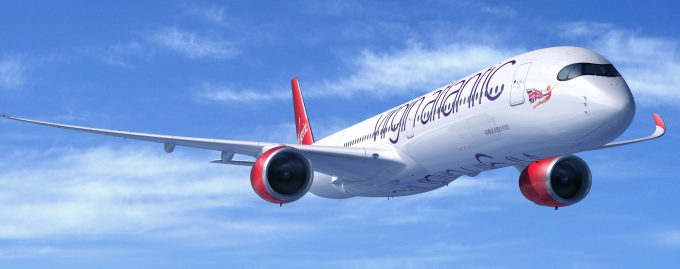Uncertainty over fallout from Heathrow fire
Mixed messages are coming out of the cargo community following the suspension of flights to ...

Today’s decision by Virgin Atlantic Cargo to put on daily widebody cargo–only flights between London and Brussels has been met with surprise by the industry.
The service will be on A330-300s and A350-1000s, with a 50-tonne cargo capacity. It is focused on time-critical goods, such as ...

Comment on this article